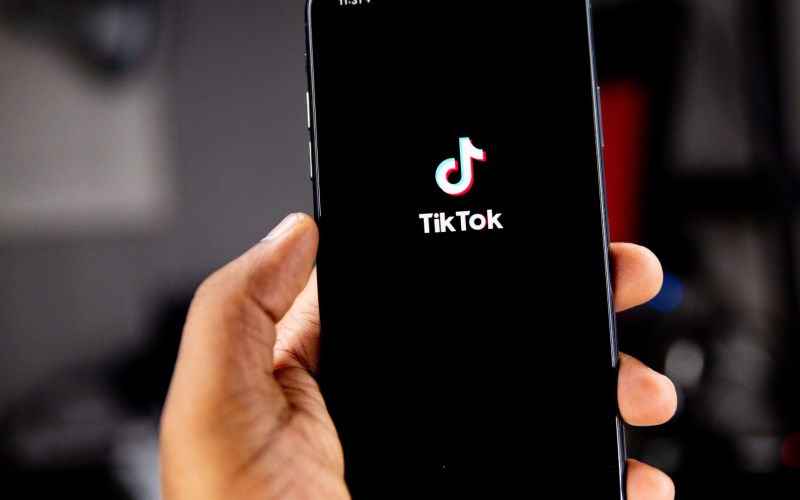Podcaster Joe Rogan recently shared what he read in TikTok's fine print.
"'We collect certain information about the device you used to access the platform, such as your IP address, user region, app and file names and types, keystroke patterns or rhythms,'" he quoted. "So, they're monitoring your keystrokes, which means they know everything you type."
The app, which is used by roughly 80 million Americans, also keeps track of everywhere its users have been with their phones.
Michael Morris of Free Speech America at the Media Research Center (MRC) says most people probably fail to realize that they are actually giving social media platforms permission to gather that data.
"TikTok's not the only one," he asserts. "Other Big Tech platforms do this, too, and of course they have to hide that in the fine print and a lot of these clickwrap contracts and other things where you agree by downloading the application to abide by these terms of service."
He notes Missouri Senator Josh Hawley (R) was warning about the dangers of TikTok two years ago, when he asked, "Do we really want Beijing having geolocation data of all federal employees? Do you really want them having their keystrokes?"
But Morris points out that government employees are not the only ones with sensitive jobs.
"You should be concerned about other people having enormous amounts of data on you and what you're doing," he asserts. "They've got your shopping habits, among other things, and this data ultimately could be used against you."

Nevertheless, AFN recently reported that other social media platforms are following TikTok's use of a "discovery engine." As Meta imports some changes to its Instagram platform, and to a lesser degree to Facebook, artificial intelligence engines will use algorithms to find content for users' feeds.
Morris says that means people will be seeing more videos.
"I think culture has been on kind of this evolution of how they consume media," he submits. "It was text, and then it was pictures, and now it's more videocentric."
The changes, he adds, are not necessarily benign.
"Individuals create these algorithms, so the individuals that create these algorithms, their bias will go along in the creation of that and ultimately the curation of content that comes before Americans' eyes," the media watchdog explains.
He says Facebook has particularly shown in the past that it is not to be trusted when it comes to issues of censorship and content creation.
"Facebook actually led the way of the social media platforms that censored individuals in quarter one of 2022, and we found over 86 million times that users in the first quarter had information kept from them," Morris reports.
Now, Facebook and Instagram are choosing what their users see.







